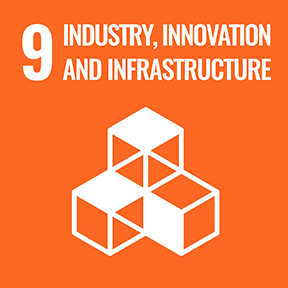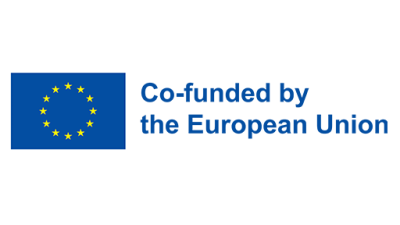Project
Open laboratory for bioeconomy
Project sponsors

Open laboratory for bioeconomy (ALaBio) was a development project of Jamk University of Applied Sciences (Jamk), the Institute of Bioeconomy (BTI). The main aim of the project was to test and develop alternative operating models for a more accessible laboratory environment (RDI environment). The project was targeted for SMEs developing bio and circular economy solutions, primarily serving the RDI activities of SMEs in northern Central Finland, promoting the green transition in the countryside. In accordance with the Smart Specialization Strategy, the project was expected to influence the increase of RDI investments in the bio and circular economy sector.
Even the project development activities and main target group was located in the northern Central-Finland, the project also disseminated results and experiences about the tested operating models, as well as available laboratories and services in the entire province of Central-Finland. The dissemination was targeted to a wider group of SMEs and other RDI operators in the region (e.g., JYU, POKE, VTT). The project also disseminated the results and experiences to others managing the RDI environments (e.g., training and research organisations) outside the Central-Finland.
The studies have shown that the role of higher education institutions (especially UAS operators) as managers of environments is significant (25 UAS there is total of 204 RDI-environments). However, the utilization rates of these environments often remain low, especially among external users. One of the reasons is the lack of awareness of laboratory environments and the technical facilities among companies, but the openness can also be slowed down by the internal limited use policy of the organizations. (Päällysaho et al. 2018).
With the help of piloting with selected five SMEs, alternative operating models were tested and evaluated. It was also important to test and evaluate the models from the administrator / Jamk`s point of view, especially the obstacles preventing the openness of the environments. However, the piloted operating models decided after the needs assessment was carried out in the project.
As a result of the project, the replicable 'open lab service model' was created, including optimal utilization process of the laboratory environment. In addition, the project built the in-house rules for the laboratory, which means operating procedures for outsiders to be able to take over the technical equipment and premises as safely as possible. For this reason, the project implemented a digital demonstration together with the target group.
Focus was also put on RDI communication targeting to increase awareness of staff and students, as well as on spreading and expanding the operating model externally in and outside the region.
If you are interested in the project, further information will be provided by
Project manager
Janne Salmi
firstname.lastname (a) jamk.fi
+358404808636
